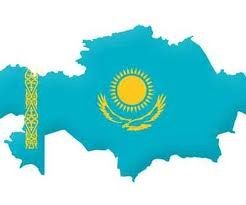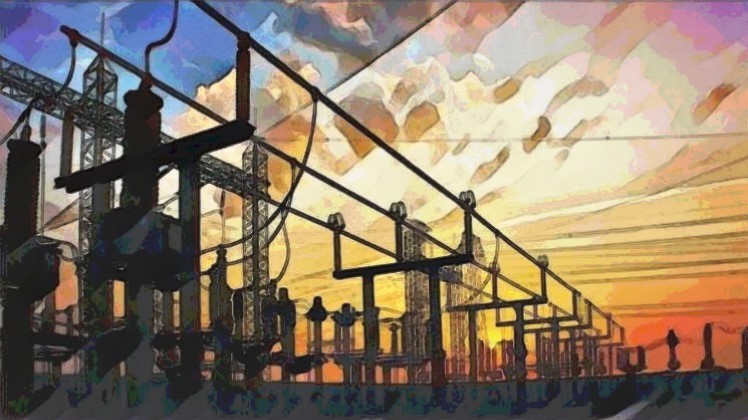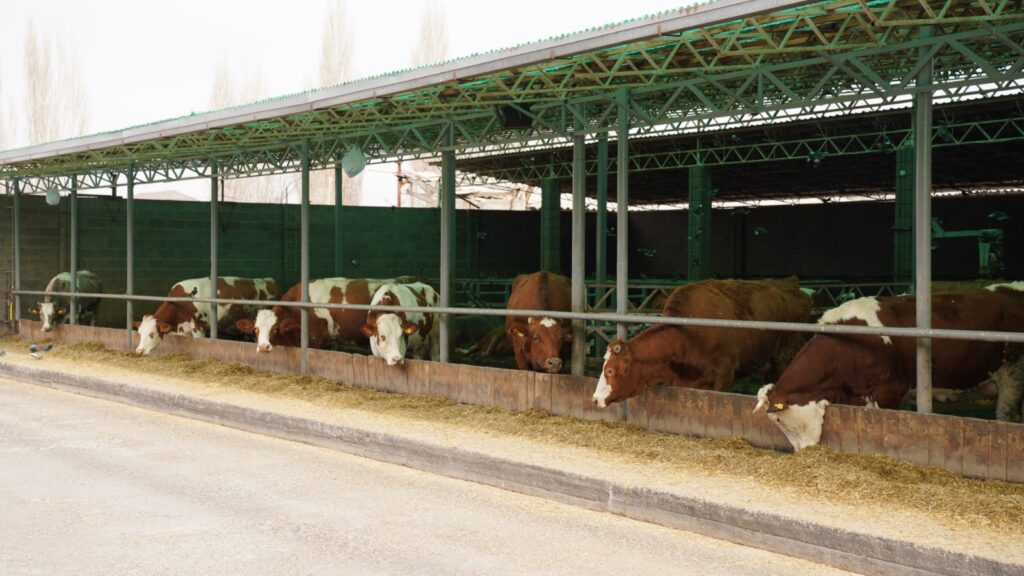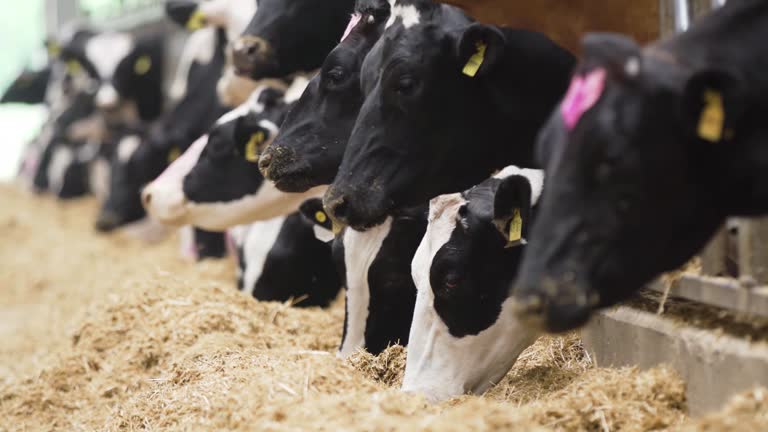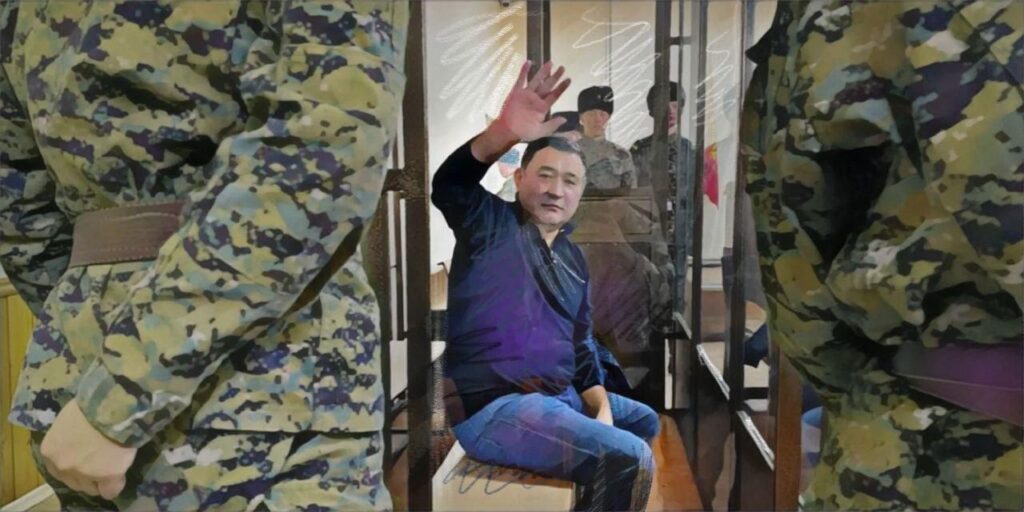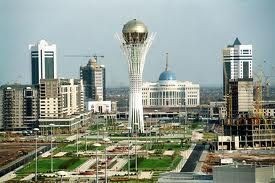ASTANA (TCA) — Security forces in Kazakhstan detained hundreds of journalists, activists, and demonstrators on May 21 in various Kazakh cities amid a call by the opposition for nationwide demonstrations against changes to the country’s Land Code, RFE/RL’s Kazakh Service reported.
Dozens of reporters were detained in the capital, Astana, as well as in Almaty, Qaraghandy, Oral, Shymkent, and the western city of Atyrau.
More than 1,000 activists and people in squares or on streets close to city squares were also apprehended by police.
Many of the journalists and people who were detained reported being released after being held by police for a few hours.
Hundreds of people attempted in the morning of May 21 to gather at the central Republic Square in Almaty — the country’s largest city — but were either detained or forced away by police who had cordoned off the square and confronted the demonstrators on the streets leading to the square.
A small rally did occur in the northern city of Pavlodar, where at least 35 people gathered in the city center. Opposition activist Serikbay Alibaev began to address the crowd but police intervened and dispersed the crowd.
The government crackdown comes as opposition activists called for rallies to be held across the country to protest proposed changes to the Land Code that would allow farmland to be sold and would allow foreign investors to lease land for agricultural use for up to 25 years.
Hundreds of people have protested in several cities in recent weeks in a rare display of discontent in Kazakhstan.
In a statement on May 12, a panel of UN human rights experts called on the Kazakh government to “immediately end all forms of persecution and take effective measures to protect civil society.”
In recent days, dozens of activists have been detained and had their homes searched before being handed 10 to 15 day sentences after being convicted of planning unsanctioned public rallies in the days before May 21.
The government established the commission and invited some opposition figures to join it after President Nazarbayev postponed implementation of the legislation until 2017 in apparent attempts to appease its opponents and avert further protests.
